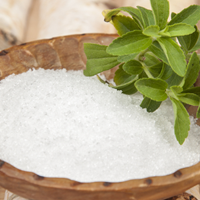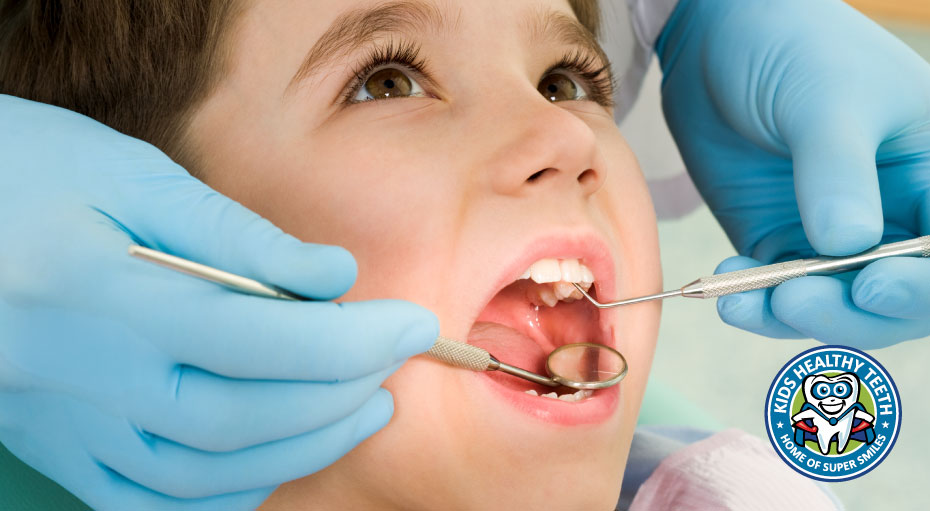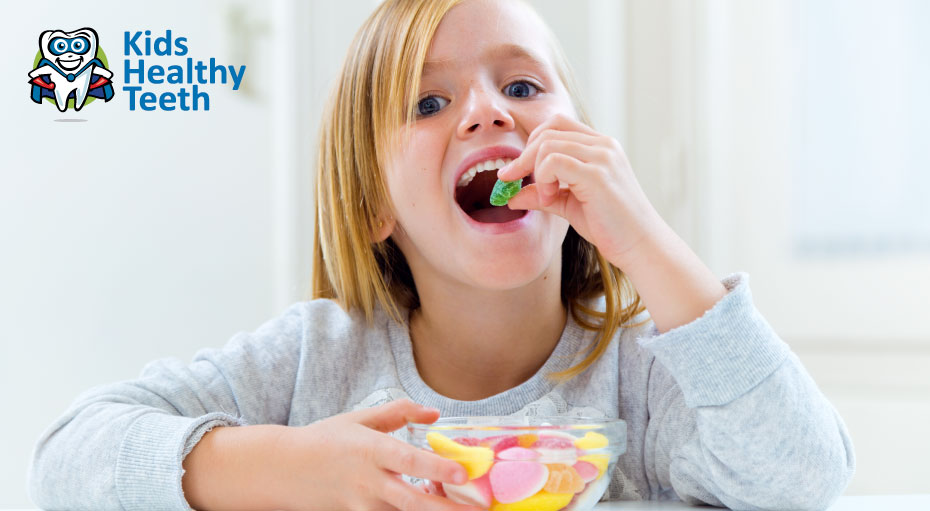How Does Xylitol Prevent Cavities and Tooth Decay?

As the trusted pediatric dental specialists Katy residents can trust, Dr. Chen and Dr. Hunter-Griffith are always looking for ways to cooperate with parents to reduce any risks to their children’s dental health. Let’s take a look at what xylitol is, how it can help your child prevent dental cavities, and what other resources are at your disposal.
Tooth decay in children is no game. According to the Centers for Disease Control and Prevention (CDC), an estimated 45.8% of all US children aged between 2 and 19 years old had some type of dental caries.
Everyone knows that sugar is bad for teeth. It’s what bacteria feed on to create plaque and, eventually, dental decay. On the other hand, sugar is delicious and highly addictive. That’s why sugar substitutes are in such high demand, particularly those with extra health benefits.

One solution that scientists and chefs have relied on is xylitol. It’s a natural sugar substitute derived primarily from plants. While it doesn’t taste exactly like sugar, it’s sweet and good for teeth!
The American Academy of Pediatric Dentistry (AAPD) has recognized the benefits of xylitol for preventing cavities. What’s more, some studies show that xylitol can even reduce plaque as it is antimicrobial and lowers enamel-attacking acid.
What Is Xylitol?
Xylitol is a natural substance and sugar alcohol you can find in fruits, fibrous vegetables, oats, mushrooms, some hardwood trees, and some berries. This compound has a similar, though not identical, taste to sugar and works as a sweetener with fewer calories when compared to other natural sugars. On average, xylitol has 40% fewer calories and can help restore the PH balance in your child’s mouth while reversing plaque and other destructive damage caused by sugar in the mouth.
Furthermore, it is a natural compound that promotes enamel mineralization and stabilizes cavities, just like fluoride.
We’ve managed to manufacture the compound from xylan-rich plants for about a century, and thanks to extensive research beginning in the 70s, it is globally accepted by many specialists as a beneficial natural sweetener.
Where Can I Get Xylitol?
There are now many items such as mints, chewable tablets, toothpaste, mouthwash, and chewing gum that have a healthy dose of xylitol! Make sure you ask your child’s pediatric dentist about which products with xylitol are safe for your baby.
Chewing sugarless gum is especially beneficial since doing so increases the production of saliva in your mouth. Saliva helps neutralize the harmful acids released by bacteria washing them away. Saliva is incredibly useful, but helping fight against tooth decay is not nearly everything you should know about it.

Watch Out For Hidden Sugar Sources
As you can see, the idea is to use this sugar replacement to avoid and even help cure the adverse effects of cavities, but the best way to do so is by taking care of what our children eat and drink.
Here are some types of snacks that cause cavities in children and that you should keep away from your kitchen. As discussed before, tooth decay is one of the most prevalent chronic diseases in children throughout the US, and we want you and your family to avoid those health problems.
You’ll be surprised at the hidden sugar in these foods, so watch out and don’t overindulge in them. We know they’re delicious, but it’s not worth it to risk your child’s beautiful smile. Your dietary choices will have a strong impact on your kid’s dental health, and we want you to have all the necessary information to avoid any issues.
Likewise, there are some children’s drinks that could be harming their teeth. Get to know them because some of them are not easy guesses.
Get Help From a Kids Dental Clinic in Katy
Obviously, chewing gum can never replace brushing and flossing, but the American Dental Association indicates that 20 minutes of chewing sugarless gum after meals can help prevent tooth decay. To get more information about the benefits of Xylitol for healthy teeth, visit your pediatric dentist in Katy, or check out this info sheet from the AAPD!
